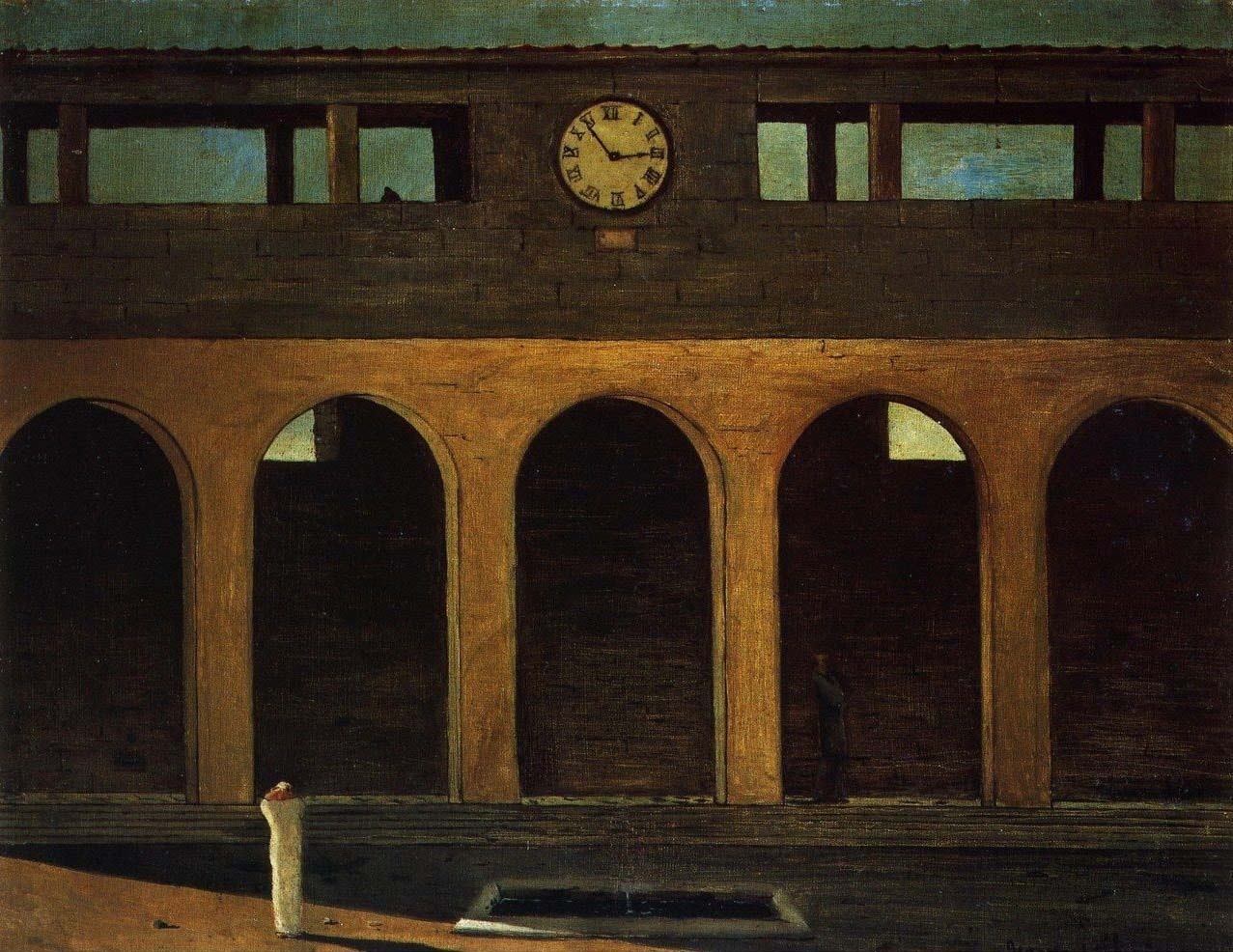Broadly stated, nowadays, there is not one possible definition of time, no unity, no general conception.
Let’s take for instance neurobiology and physics.
The modern research in neurobiology shows that there are different rhythms and organizations of time in the human being apart the well-known circadian rhythm: there are different clocks in the brain as well as in other organs. Time and body are intermingled, our body is submitted to time and death is the end of the personal time.
On the other hand, physicists do not agree on one theory of time depending mainly if they work in the parameters of the quantic theory or in the relativity one. And even then, for some physicists, relativity can perfectly well work without any notion of time.
Although time is not a psychoanalytic concept, many notions in psychoanalysis are concerned with time. Even in the precise parameters of the analytic session, we are confronted with different regimes of time: from the fixed time of the clock (45 or 50 minutes), up to the tempo of the interpretation, but above all with the background of the a-temporality of the hypothesis of the unconscious. Time in session gives the possibility to re-signify in the session itself (what is said now will have a different echo with another association later on) and to allow the après-coup to operate. Nachträglichkeit (or its variation: the diphasic psychic organisation) is probably one of the main notions of time in psychoanalysis. There are many different regimes of time in each session.
So, if (nowadays) there is no possibility to draw a unique field of exchanges, we can ask specialists form different disciplines to present, from their own point of view, the state of affairs, hoping that the approach of time from different angles will broaden our own ideas. This is one of the main reasons why Jorge Canestri wanted to organize this symposium, dedicated to his memory.
There is, implicitly, another subject in our symposium besides time: the aim of inter-disciplinary symposia, the possibility or impossibility to really exchange. “Hard” sciences can of course claim for their hegemony, for instance those who believe that the science of brain will be able to explain psychic life. Some psychoanalysts consider that neurosciences are creating new foundations of psychoanalysis, “real” foundations.
The questions of methodology and epistemology are present almost all the time in the work of physicists and neuroscientist. Historiography (the study of the various approaches to historical methods) represents a key field of work for historians. Up to what point are we concerned in psychoanalysis with methodological and epistemological questions?
The definition of time seems quite difficult, if not impossible: it’s a very polysemous word. Let’s hope that our symposium will bring at least some clarity on the use of our conception of time.
